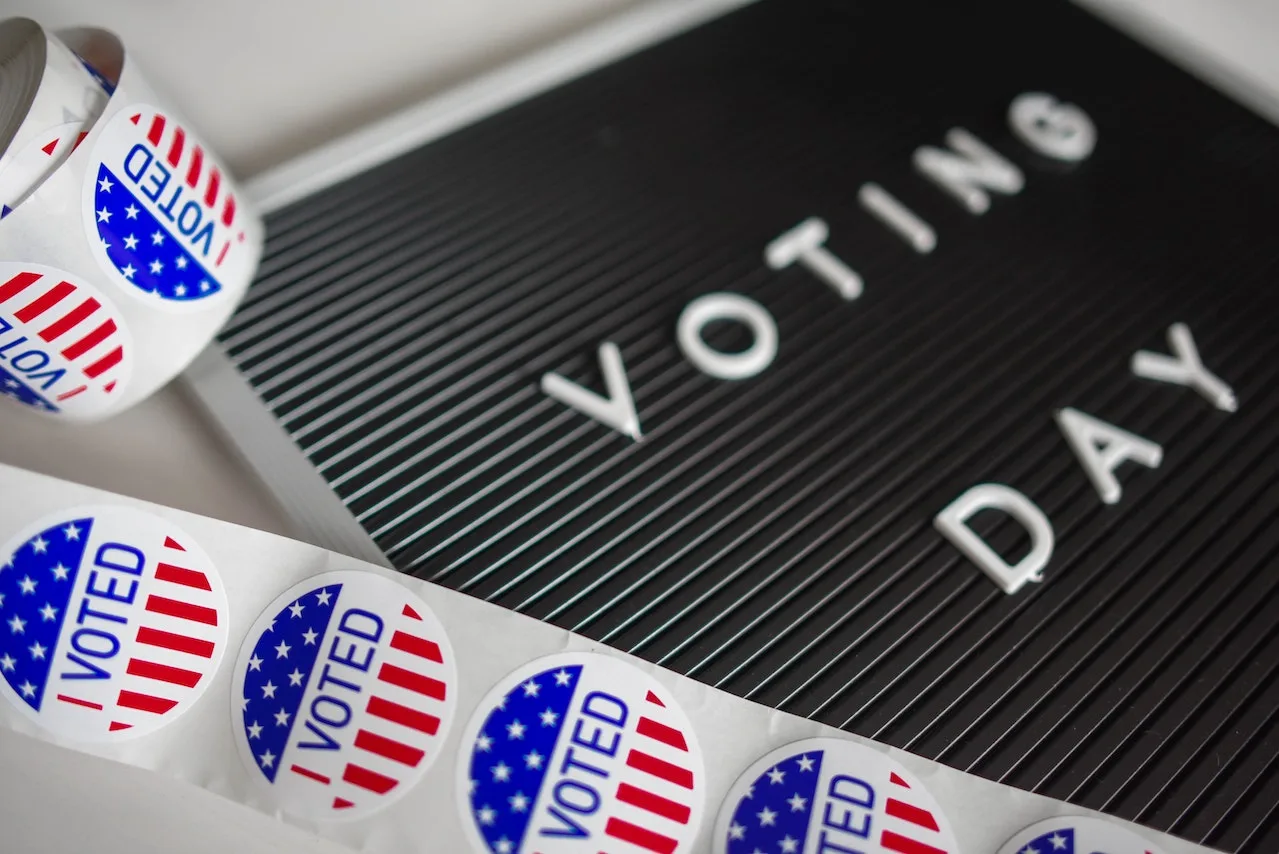Politics. Even if you try, it’s nearly impossible to ignore it. From cabinet reshuffles and elections to protests and ever-changing legislation, there’s always something politically related taking place. It makes perfect sense to want to be an informed citizen and constantly be aware of what’s going on. However, taking in too much political news may be doing you more harm than good. Research now shows that politics is negatively impacting our health and well-being.
When we look at statistics, about 40% of Americans have cited politics as a significant source of stress in their lives, with about 5% citing that they have considered suicide in response to political developments.
Political News Is Unavoidable
Dr. Joseph Rock, PsyD, shares that part of the problem is that we can’t get away from political news anymore. Research shows that 43% of U.S. adults obtain political news on their smartphones (18% citing social media, and 25% citing news apps/websites), with other avenues citing lower numbers.
There are about 6.65 billion smartphone users across the world, and with these users, recent data suggests that the average person spends about 3 hours and 15 minutes on their phone each day. Within this, the average person spends 2 hours and 31 minutes on social media a day. Frankly, it’s nearly impossible to avoid political news.
The Effects of Politics on Mental Health
A recent study analyzed the impact of politics on various aspects of our health, from emotional stability to physical well-being. It looked at survey responses from a group of 800 U.S. adults. It was observed that 30% of the participants said politics had triggered feelings of anger and frustration in them. 20% reported feeling fatigued, with ⅓ of the group reporting that although political unrest triggered compulsive behavior, they found it difficult to stop consuming political information.
A Daily Source Of Stress
Brett Q. Ford, PhD., assistant professor of psychology at the University of Toronto, says “politics isn’t just something that affects people every four years during election season – it seems to seep into daily life.” With this, Ford conducted research to explore the mental and emotional health effects of everyday political news.

3dfoto/Shutterstock
198 U.S. adults participated in a study that showed that merely thinking of daily political events evoked negative emotions in them. The participants reported worse day-to-day physiological health.
Branching Into Physical Wellbeing
The impact of politics on our health goes beyond our mental health, but also branches into our physical well-being, through an occurrence known as allostatic overload. This wear and tear on the body affects various bodily systems. These include metabolic, immune, inflammatory, and cardiovascular systems, increasing your risk of chronic diseases including strokes, diabetes, asthma, and depression. This is the cumulative burden of chronic stress.
What Is Chronic Stress?
Stress is the body’s biological response to demanding situations, causing the body to release hormones such as adrenaline and cortisol. These hormones allow your body to activate its fight-or-flight response. The long-term activation of the stress response system in the body is known as chronic stress. It can put your body under strain, and puts you at risk of the following:
- Frequent, Prolonged Illnesses: Stress suppresses the body’s immune system, which makes it more difficult for the body to ward off biological intruders, including flu bugs and other infections. As long as your stress remains elevated, your body struggles with health issues, which typically manifest as flu-like symptoms
- Memory Impairment: Stress makes it difficult to not only create short-term memories, but to also turn them into long-term ones. This makes it difficult to accurately remember the details of an event, or conversation, as stress affects our ability to recall what we have perceived.
- Headaches: Although headaches are a common health problem, stress is known to trigger tension headaches, which are characterized by mild-to-moderate pain around the head, face, or neck.
- Cardiovascular Health Risks: Dr. Ernesto L. Schiffrin, physician-in-chief, says “chronic stress has been shown to be associated with increased cardiovascular events.” Stress leads to an increase in your blood pressure, making you more prone to heart attacks and strokes.
- Fatigue: Unlike physical exhaustion which can be solved with some rest and proper food, this manifestation of chronic stress is characterized by a lack of energy accompanied by a headache, irritability, and a loss of appetite.
How To Ward Off The Negative Effects
In a study conducted by Dr. Ford, participants were asked about several strategies they may have utilized to manage negative emotions that arise at the hands of politicians. These include distracting themselves from the news, with others completely avoiding it on certain days.
According to the American Psychological Association, following daily political news can negatively affect people’s mental health and well-being, but disengaging has ramifications too. To remedy this, Ford recommends that we reframe how our brains think about a news event to make it appear less negative, through a strategy known as cognitive reappraisal.
Cognitive Reappraisal
This involves changing the meaning of a situation or how you see it, without changing it objectively. This antecedent-focused strategy successfully changes emotional experiences, through the modulation of cognitive processes. This involves the re-interpretation of emotional events to ensure that your emotional state isn’t left suffering.
Finding A Balance
From protests to election season, politics is an integral part of our lives. With the likelihood of changes that could impact us all, we always need to be aware of what’s going on in the political sphere.
Politics goes further than what happens on a governmental scale, as political stability impacts economic growth. Disruption and uncertainty in politics affect market confidence, which affects everyone’s financial well-being. In a report for Modern Diplomacy, Maham Babar Khan says “Any sudden change at the government level is bound to cause a shift in economic policies, something every investor or business person fears”.
However, in doing so, we have to ensure that we protect our well-being by avoiding over-consumption. Just like everything in life, we need to find a healthy balance to ensure that our social, psychological, and physical health doesn’t pay the price.
MAIN IMAGE CREDIT: Photo by Element5 Digital
References
- Jeong, J.S. and Kim, S.Y., 2023. Risk Perception and Preventive Behavior During the COVID-19 Pandemic: Testing the Effects of Government Trust and Information Behaviors. Health Communication, pp.1-12.
- Gore, R. and Parker, R., 2019. Analyzing power and politics in health policies and systems. Global Public Health, 14(4), pp.481-488.



![women [longevity live]](https://longevitylive.com/wp-content/uploads/2020/01/photo-of-women-walking-down-the-street-1116984-100x100.jpg)










